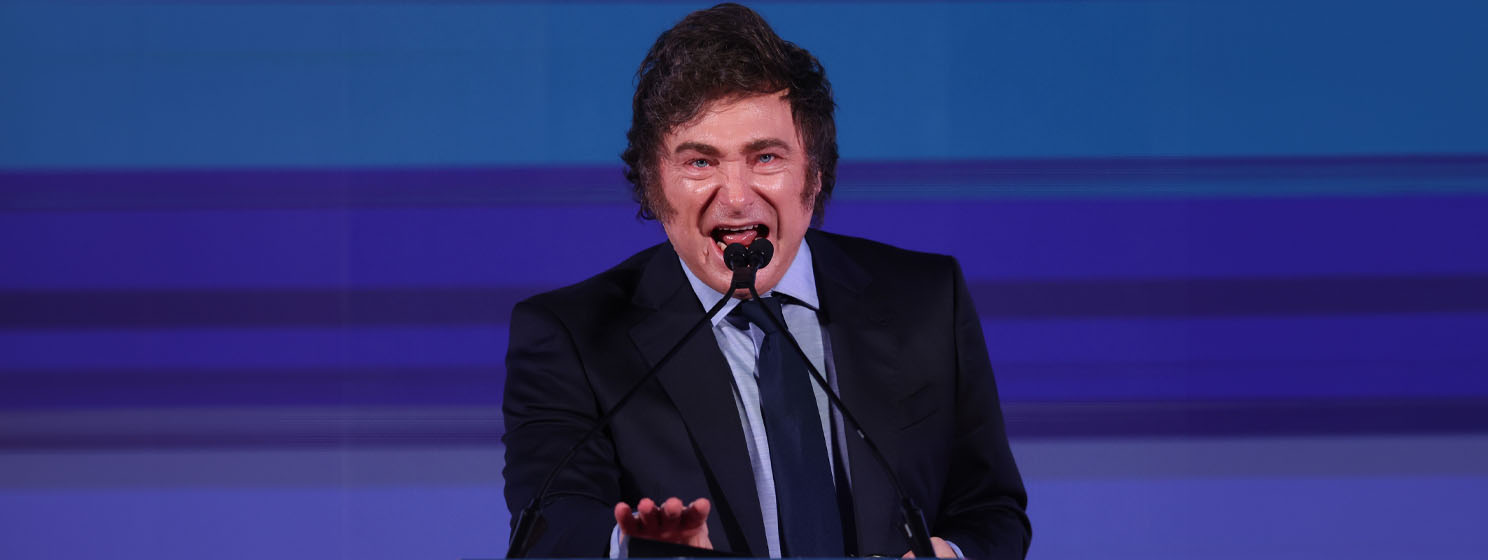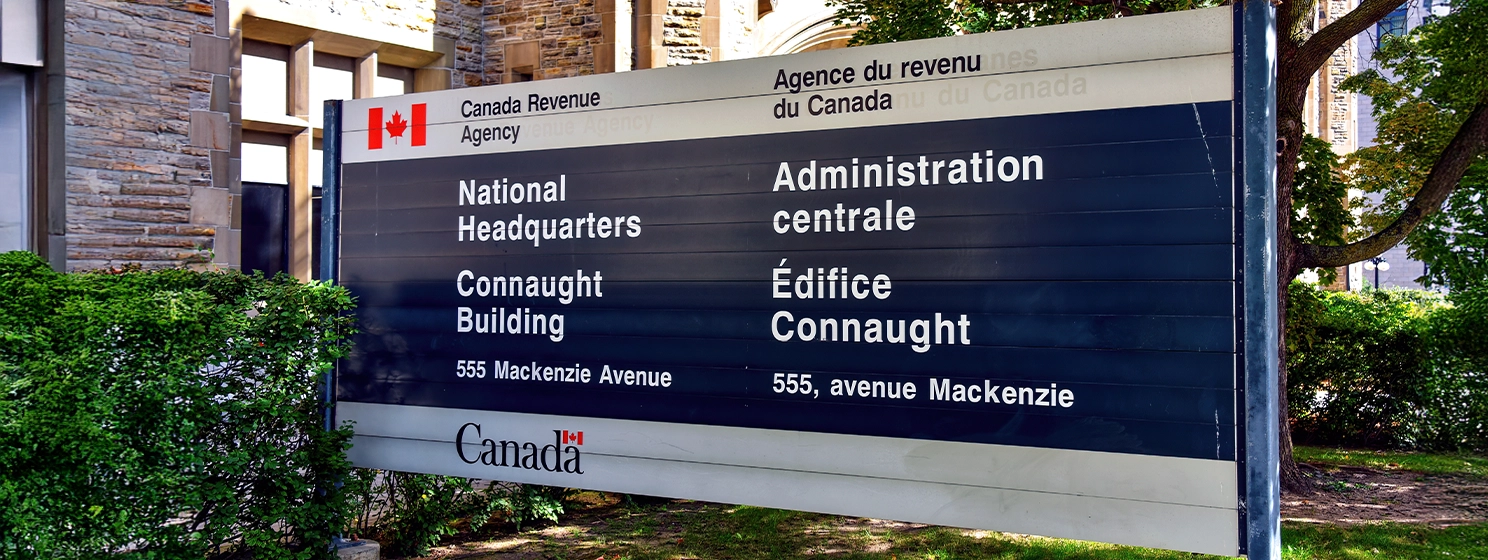|
Getting your Trinity Audio player ready...
|
The Presidential Tweet that sparked a crisis – Part 1: How Argentina’s leader stumbled into a $4 billion scandal
Late on a Friday evening in February, as millions of Argentinians were settling in for dinner, their newly-elected President Javier Milei fired off a tweet that would trigger a cascade of events now threatening his presidency.
The tweet, endorsing a digital currency called $LIBRA, lasted only a few hours before being deleted. But in the strange alchemy of digital markets, where billions can materialize and vanish in minutes, it was enough to briefly value the token at more than $4 billion—briefly, of course, being the operative words—as it was to all come crashing down.
In the days since, the collapse has spawned criminal investigations on two continents, imperiled Argentina’s radical experiment with free-market reforms and exposed the shadowy mechanics of how insiders continue exploiting digital currency markets for personal enrichment at the (literal) expense of the public.
At the center of it all sits Hayden Davis, a 28-year-old American “entrepreneur” who now finds himself holding more than $100 million in contested funds while facing threats to his life.
“I’m sitting here as like a sitting duck,” Davis told popular online crypto crime investigator, Coffeezilla, in a lengthy interview about the scandal. “This isn’t like some random fu*king scam. This is a plan gone very wrong at a presidential level.”
The exact origins of the scheme remain hotly contested.
The path to this crisis began months earlier, in October 2024, when Argentina‘s newly-elected president attended the inaugural Tech Forum Argentina trade show. There, Milei—a libertarian economist who had swept to power promising radical free-market reforms—met briefly with Julian Peh, CEO of an artificial intelligence (AI) company called KIP Protocol. They spoke for thirty minutes through a translator about technology investment and Milei’s vision for modernizing Argentina’s economy. According to Peh, there was no mention of cryptocurrency or digital tokens.
For Milei, who had previously expressed enthusiasm for digital currency as an alternative to Argentina’s perpetually troubled peso, the intersection of technology and finance held obvious appeal. By January 2025, he was meeting at Casa Rosada with Davis, who pitched him an audacious plan: a digital token that would help fund Argentine small businesses while advancing Milei’s vision of financial deregulation.
Like much else about the $LIBRA project, the precise nature of this meeting remains contested.
The president’s office claims Davis was introduced as a partner of the KIP Protocol, which would provide technological infrastructure. But KIP Protocol vehemently denies any connection to Davis, stating they “had no knowledge of, or involvement in” the January meeting. In fact, they say they only learned about the Libra project in mid-February, days before its launch, when they were told Davis’s firm Kelsier Ventures would be leading the initiative.
This web of contradictory claims and shifting responsibilities would soon prove significant.
When the token launched and Milei posted his endorsement to his millions of followers, his office described it as ‘the KIP Protocol project’. The company now insists they “did not initiate the project, did not manage or direct the token launch process, did not receive any tokens pre or post launch, and did not profit from the token launch.” They claim they weren’t even informed when the token went live.
Behind the scenes, Davis and his team were executing a very different plan.
“So our goal was, can we take enough liquidity off to get all the snipers out, or at least control them so that when the chart dips down, it’s not going to crush the whole project,” Davis explained, describing how they employed automated tools to purchase vast quantities of tokens before regular investors could act. This practice, known as “sniping,” has become all too common in digital currency markets, though project creators rarely admit it so openly.
Like all the best schemes that almost were, it might have succeeded if everything had gone according to plan.Davis claims they were waiting for a second endorsement from Milei before reinvesting the extracted funds. “I was instructed, ‘Hey, don’t inject anything back in until Milei’s second video,'” he said.
But that endorsement never came.
Instead, as blockchain analysts began noticing suspicious patterns of insider selling, Milei deleted his tweet and denied knowledge of the project’s mechanics. Reports emerged that over $107 million had been extracted from the project’s trading pools. The token’s value collapsed, wiping out thousands of retail investors who trusted the presidential endorsement.
For Argentina’s President, the scandal threatens to derail his ambitious agenda of free-market reforms before it begins. A former central bank head and other prominent figures have filed criminal complaints against him. Opposition lawmakers are pursuing impeachment proceedings. And you can bet this is likely only the beginning.
“Within this illicit association, the crime of fraud was committed, in which the president’s actions were essential,” said plaintiff Jonatan Baldiviezo.
The controversy has also attracted the attention of U.S. authorities. Because Davis is an American citizen and U.S. investors were among those harmed, prosecutors may have jurisdiction to bring charges. Blockchain analysts have linked wallets involved in the $LIBRA scheme to similar patterns in other politically connected token launches, including one associated with Melania Trump.
Meanwhile, Davis is increasingly precarious as custodian of more than $100 million in contested funds. He claims he wants to return the money, but fears doing so could put his family at risk from various threats. “I have zero desire to benefit from something that could potentially kill me and/or hurt my family,” he said.
In Argentina, though, the consequences extend far beyond the individuals involved.
The nation’s stock market fell nearly 6% as the scandal unfolded, threatening to undermine confidence in Milei’s broader economic reforms. His administration has announced an internal investigation, but the political crisis shows no signs of abating, with opposition parties sensing blood in the water.
The episode offers a stark warning about the dangers of political figures embracing get-rich-quick charlatans that continue to infect the broader digital currency-sphere. When asked about his role in the debacle, Davis insisted he was merely a facilitator, not the mastermind. “I sit and I’m like, I’m trying to put these projects together so they cross promote each other and get bigger and bigger and become utility,” he said.
But as investigations continue and threatened lawsuits proliferate, a different picture emerges—one of sophisticated operators using political endorsements to lend legitimacy to schemes designed to extract maximum value from unwitting investors.
In Part 2 of this series, we’ll examine how such practices became normalized in digital currency markets and why attempts to reform the industry from within have repeatedly failed.
Watch Futureproof Tech Summit 2024: Exploring new AI-blockchain business models

 12-13-2025
12-13-2025 





